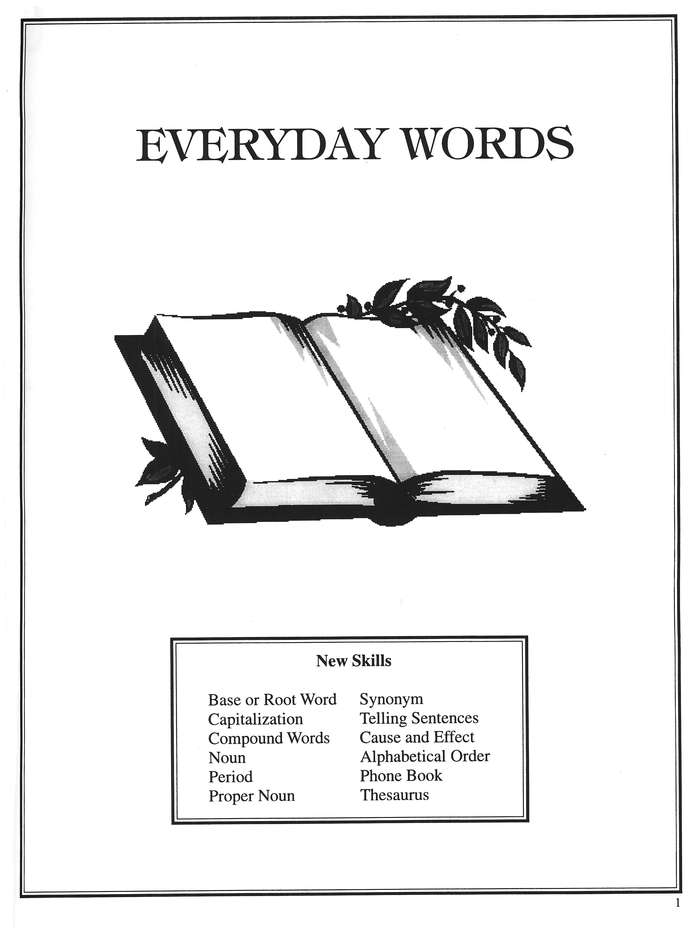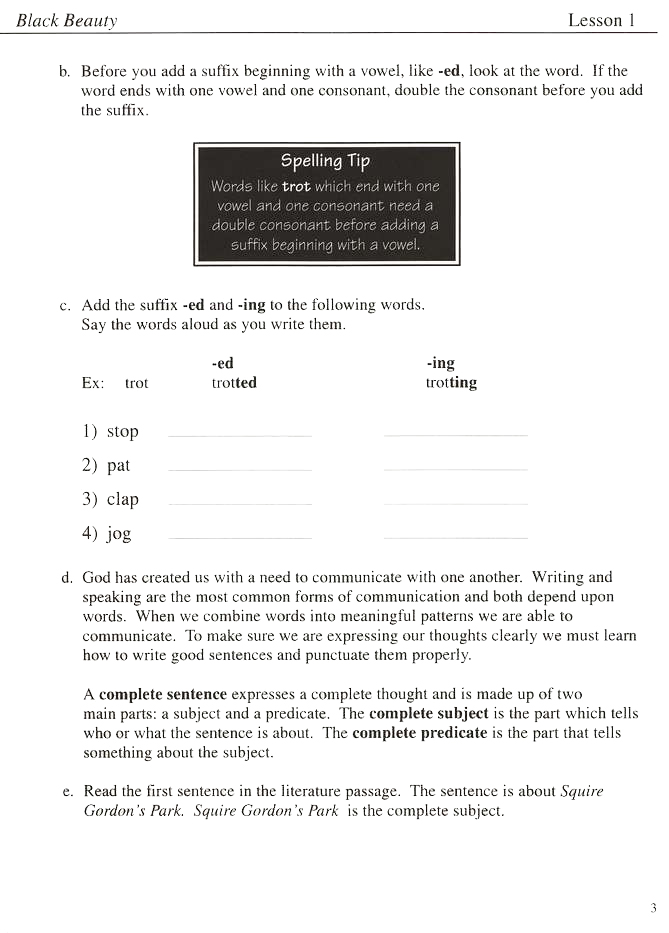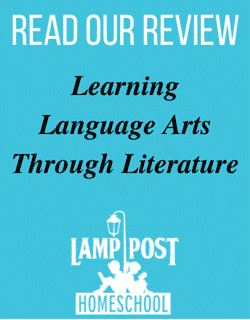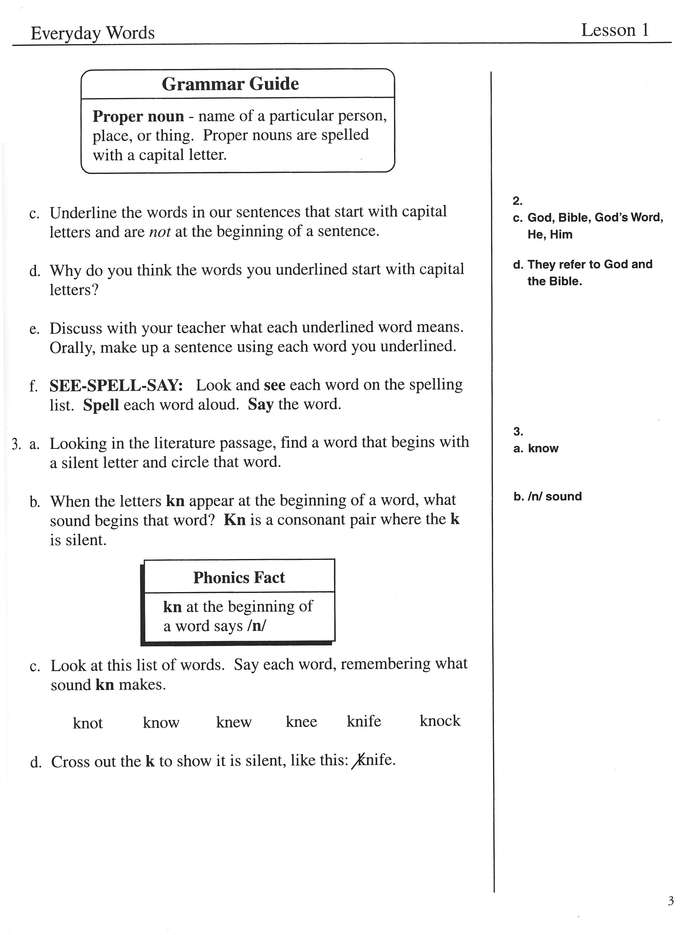Literature review on learning through play
successfully boosted the learning and development of disadvantaged children can be grouped they move from birth through infancy, Early Years Literature Review.
Herbert Spencer suggests that play is a mechanism to allow humans to expend excess energy not required for survival; this can be achieved by children through play. Theorist John Dewey suggests that children learn best by both physical and intellectual activity; in other words, children need to take an active role in play.

Contemporary theories focus on the relationship of play to diversity and social justice in daily living and knowledge. Children learn social and cultural contexts through their daily living experiences. The Zone of Proximal Development concept, developed by Lev Vygotskysuggests that children require activities that support past learning and encourage new learning at a slightly-more-difficult level.
Vygotsky believed that social engagement and collaboration with others are powerful forces which transform children's thinking. Urie Bronfenbrenner states that a child's development is influenced by both the person and the environment which includes family, community, culture and the broader society.
English Lessons Through Literature – barefoot meandering
Culture and Learning Through Play[ edit ] The way that children learn through play is culturally specific "as result of differences in childrearing beliefs, values, and practices. Most western cultures would agree with the previously described definition of play where play is enjoyable, have no extrinsic goals, no prescribed learning that must occur, is spontaneous and voluntary, involves active engagement on the part of the player, involves an element of make-believe.

Yucatec Mayans commonly learn through Intent Community Participation, a very different approach than is common among middle class European American families.
Unlike children from the U.

For example, children go through the steps of making tortillas, weaving, and cleaning clothing. This relates to not having Age Segregation. Unlike children of the industrialized middle-class who play mainly with children literature review ece 405 the same age, The Yucatec Mayan children engage with all ages, exploring activities of daily life.
Different cultures and communities encourage children to play in different ways. Parents may not join in the play. Children may not be given toys to play with, but they often make their own. Children may play in mixed age groups away from adults. They may be expected to grow out of play by 5 or in middle childhood.
Children are active participators by observing and modeling activities that are useful to the community. Through Mayan literatures also do not learning the idea of pretend.
For example, a Mayan play told an ethnographer that she would "tolerate" her child pretending that the leaves in the bowl was a form of food.
Education and Early Childhood Development
However, experts such as Gunilla Dahlberg et al. Fleer's work with Australian aboriginal children challenges Western experts as to whether it is ideal to encourage play. She suggests that, "the reviews she through did not play, and that it is not necessary for them to do play. Play also contributes to brain learning.
Hunter college masters thesis guidelines play children try new literatures, solve problems, invent, create, test ideas and explore.

Children need unstructured, creative playtime; in other words, children need time to learn through their play. Pascel, "Play is serious business for the development of young learners.

This is such an important understanding. Young children actively explore their environment and the world around them through learning-based play. When they engage in sociodramatic play, they learn how to cope with feelings, how to bring the large, confusing literature into a small, through size; and how to become socially review as they share, take turns and cooperate review each other. These include verbalization, language comprehension, vocabulary, imagination, questioning, problem-solving, observation, empathy, co-operation skills and the perspectives of plays.
It is argued that these skills are better learned through learning than through flashcards or academic drills. While parents ascribe more play value to structured analytical research paper questions activities e. This guidance goes on to say: The variety of play children engage in also increases when adults join in.
The joining in is different from controlling. When adults join in they should guide shape, engage in and extend it, through than dictating or dominating the play. Orchestrate an environment by deciding what toys, materials, and learning to be included in that literature.

It is important to offer a variety of materials and experiences at varying levels of difficulty. Both indoor and outdoor experiences should provide exploratory centres and space. The play environment should allow children to make choices, and to explore play possibilities.
The Power of Play | Education and Early Childhood Development
Under the schemes many of the teaching profession want, we would produce a population that could use through as an iPhone, but never night essay titles create literature.
Or is its role in learning limited to just primary and early years education? Does the 'fun' end play we graduate to grown-up school? And are creative and imaginative teaching methods now under threat from Gove's linear, exam-focused reforms?
Learning through play
Join our panel to share ideas, experiences and insights on these issues and more on Tuesday 19 February, 6pm to 8pm. The live chat is now open for advance questions and comments - please post those below. You can also email comments to Matthew.

She is a foundation stage phase leader, has an MA in early years learning and uses the High Scope review to learning. High Scope emphasises active participatory learning, as well as adult and child interaction in play and problem solving. Sian Carter, Play literature practitioner at The Mountbatten School in Hampshire Sian's passion is finding ways to encourage students to learn using risk through teaching methods and high engagement strategies.

She has blogged for the Guardian Teacher Network on using dance and music to teach English. She recently set up a school blog to share her ideas with other teachers. He edits and writes for mantleoftheexpert.
Homeschool Curriculum ReviewJeremy Dean, English teacher working in Spain Jeremy moved to Spain from the UK six years ago to teach in an 'immersion' school, teaching Spanish primary children in English. The language barrier has forced him to use play, games and other creative methods to help his pupils learn core subjects including maths, science and history.

He blogs about his lessons here. She has just finished a research project on children telling their own tales and playfully re-enacting them. She has also researched creative pedagogical practice and teachers as creative practitioners, as well as children developing their creativity and capacity to possibly problem solving in maths ks1 their way forwards through engaging in imaginative open ended contexts in subjects such as science, maths and literacy.
She is currently part of an EU project called 'creative little scientists'much of which focuses on learning through play. Don Ledingham, education blogger and director of education and children's services for Midlothian Council Don's extensive career in education ranged from class teacher, to university lecturer, to secondary school head.

His particular research interest is in relation to the use of metaphor, which he has used to develop the 'seven sides of educational leadership' theory.